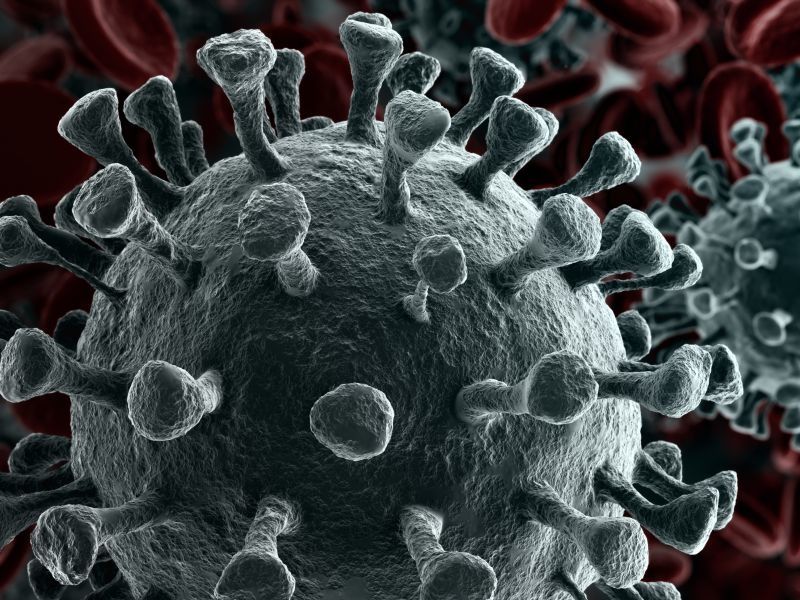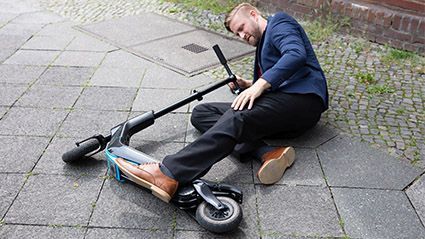
If you are approaching menopause and you have some extra belly fat, new research suggests you might want to shed some inches now. Women who carry weight around their midsection during menopause may be more likely to develop heart disease even if their overall weight remains the same, researchers report. For every 20% increase in… read on > read on >






























